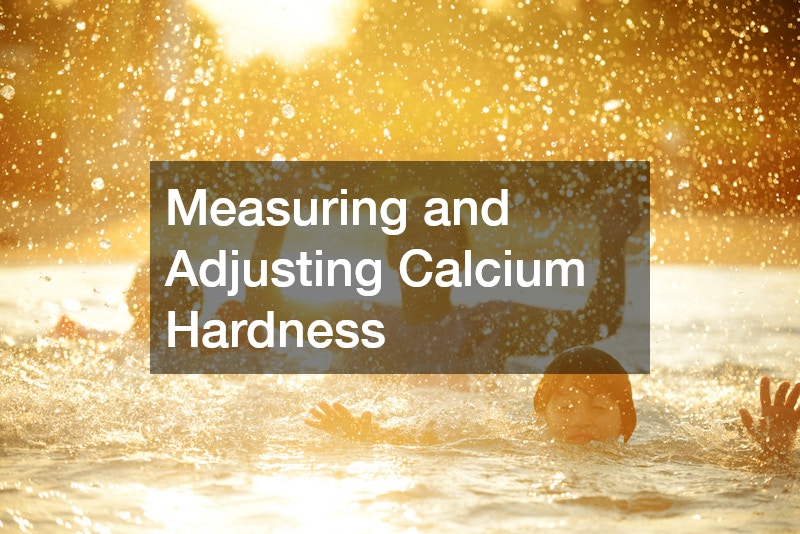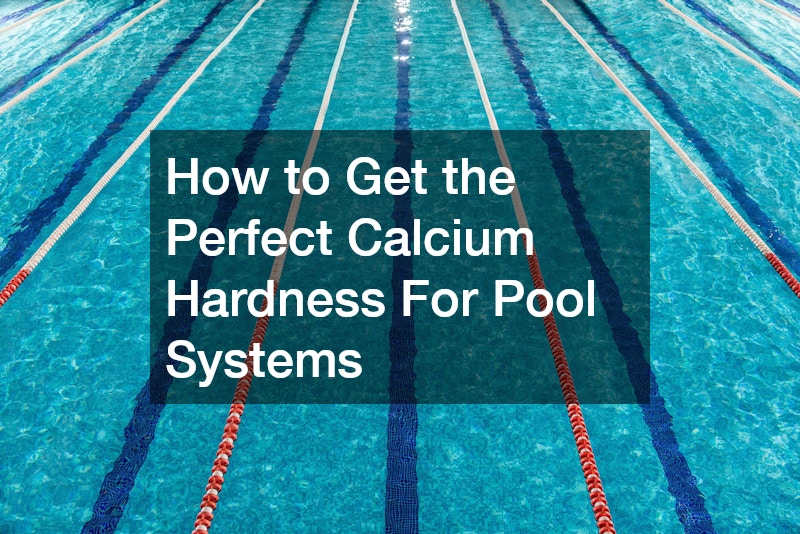
Calcium hardness for pool systems is a crucial component in maintaining a balanced and healthy swimming environment. It refers to the level of dissolved calcium in the pool water, which affects the water’s overall hardness.
Maintaining the ideal level is vital to prevent corrosion of pool equipment and ensure swimmer comfort.
If calcium hardness is too low, the water becomes aggressive and can corrode pool surfaces and equipment. On the other hand, high calcium hardness can lead to scale formation, causing cloudy water and damaging pool surfaces. Regular testing of pool water is necessary to monitor and adjust calcium levels accordingly.
The ideal calcium hardness for pool systems typically ranges between 200 to 400 parts per million (ppm). Adjustments can be made using calcium chloride to increase hardness or by diluting pool water with fresh water to decrease it. Maintaining this balance helps in prolonging the life of your pool and ensuring a safe swimming experience.
Measuring and Adjusting Calcium Hardness
Measuring the calcium hardness for pool systems is a simple process that can be done using a pool test kit. These kits provide a convenient way to determine the current calcium levels in your pool. It is recommended to test pool water at least once a week to maintain optimal conditions.
.





